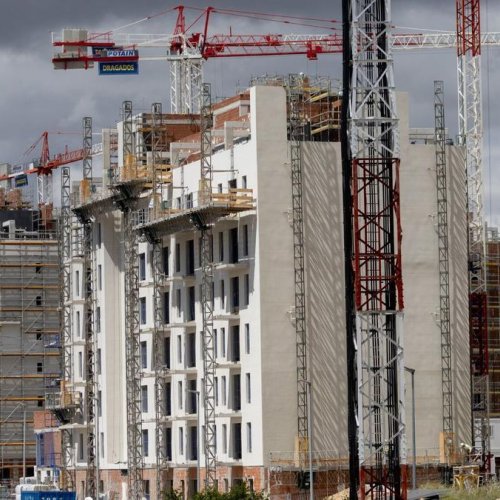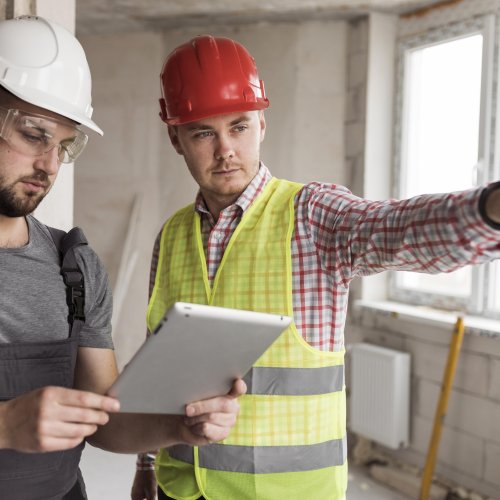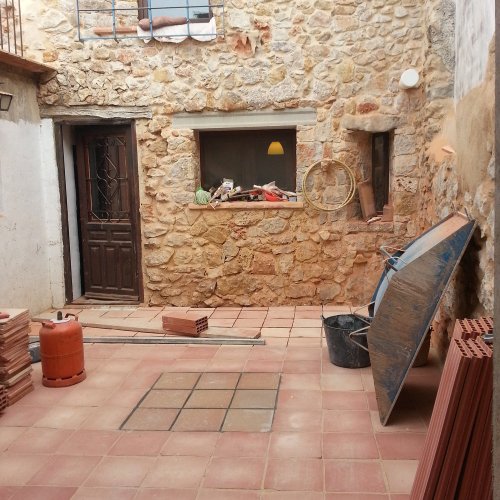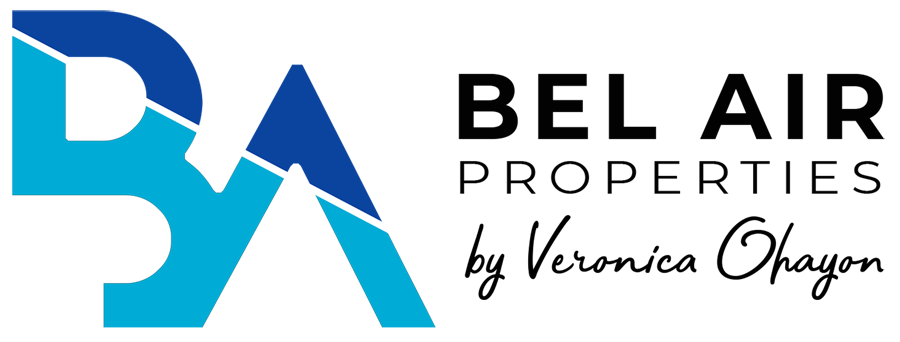
Who Pays the Homeowners Association Fees When a Property Is Sold?
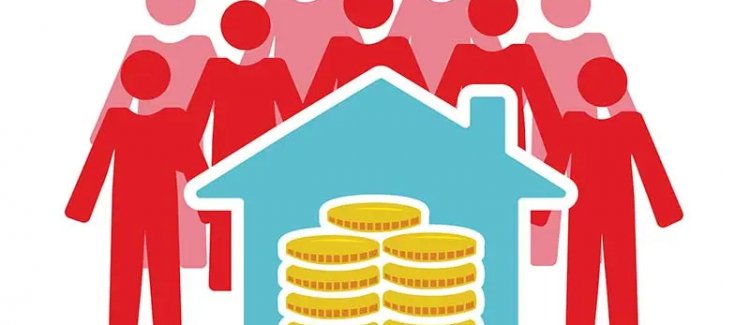
Who Pays the Homeowners Association Fees When a Property Is Sold?
One of the most common questions in a real estate transaction is: who is responsible for paying the homeowners association (HOA) fees in the month the property is sold? The answer may vary depending on what the buyer and seller agree on, but both the law and standard practice establish clear guidelines to avoid disputes.
Who Pays the HOA Fees in the Month of Sale?
As a general rule, the seller must be up to date with all HOA fees up to the date of transfer. This means the seller is responsible for all invoices issued, even if they are billed in advance.
*Practical example:
In a community that charges quarterly fees in advance (January, February, and March), if the property is sold in January, the seller pays the entire quarter. However, the parties can agree that the buyer reimburses the seller for the portion corresponding to the time they own the property.
What About Special Assessments and Extraordinary Expenses?
- * Assessments or expenses approved before the sale: these are the seller’s responsibility, even if the work is carried out later.
- * approved after the transfer of ownership: these become the buyer’s responsibility.
In short, whoever was the legal owner at the time the expense was approved must pay it.
Liability for HOA Debts
This is a crucial point: the buyer is liable for HOA debts from the current year and the previous three years (in Catalonia, Spain, this extends to the current year plus the previous four).
Regarding assessments or property improvements, the obligation falls on the person who owns the property when the community demands payment. Therefore, the buyer will only be responsible for amounts accrued after the sale is signed.
Can You Sell a Property With Outstanding HOA Debts?
Yes, it is possible to sell a property with HOA debts. In these cases, buyer and seller can:
- * Negotiate a discount on the purchase price equal to the debt amount.
- * Withhold the amount at closing and pay it directly to the HOA.
Types of HOA Fees That May Affect a Property Sale
When buying a property in a community, the following fees may come into play:
- * Ordinary fees: maintenance, cleaning, utilities for common areas, elevators, garages, or central heating.
- * Extraordinary fees: major works such as renovations, installation of elevators, or structural improvements.
- * Reserve funds: mandatory contributions to guarantee the community’s financial stability.
- * Outstanding debts: unpaid fees owed by the previous owner.
How to Check if a Property Has HOA Debts
Before signing the sale, it’s essential to verify that the property is free of HOA debt. You can do this by:
- 1. Requesting a debt certificate from the HOA administrator or president (this document is mandatory at closing unless the buyer expressly waives it).
- 2. Reviewing the HOA meeting minutes, where approved fees and planned works are recorded.
- 3. Consulting directly with the property manager to confirm the payment status.
Conclusion
When buying or selling a property, it’s highly recommended to clearly state in the contract who is responsible for HOA fees. This ensures a transparent, hassle-free transaction for both parties.
CATEGORIES
LATEST NEWS
